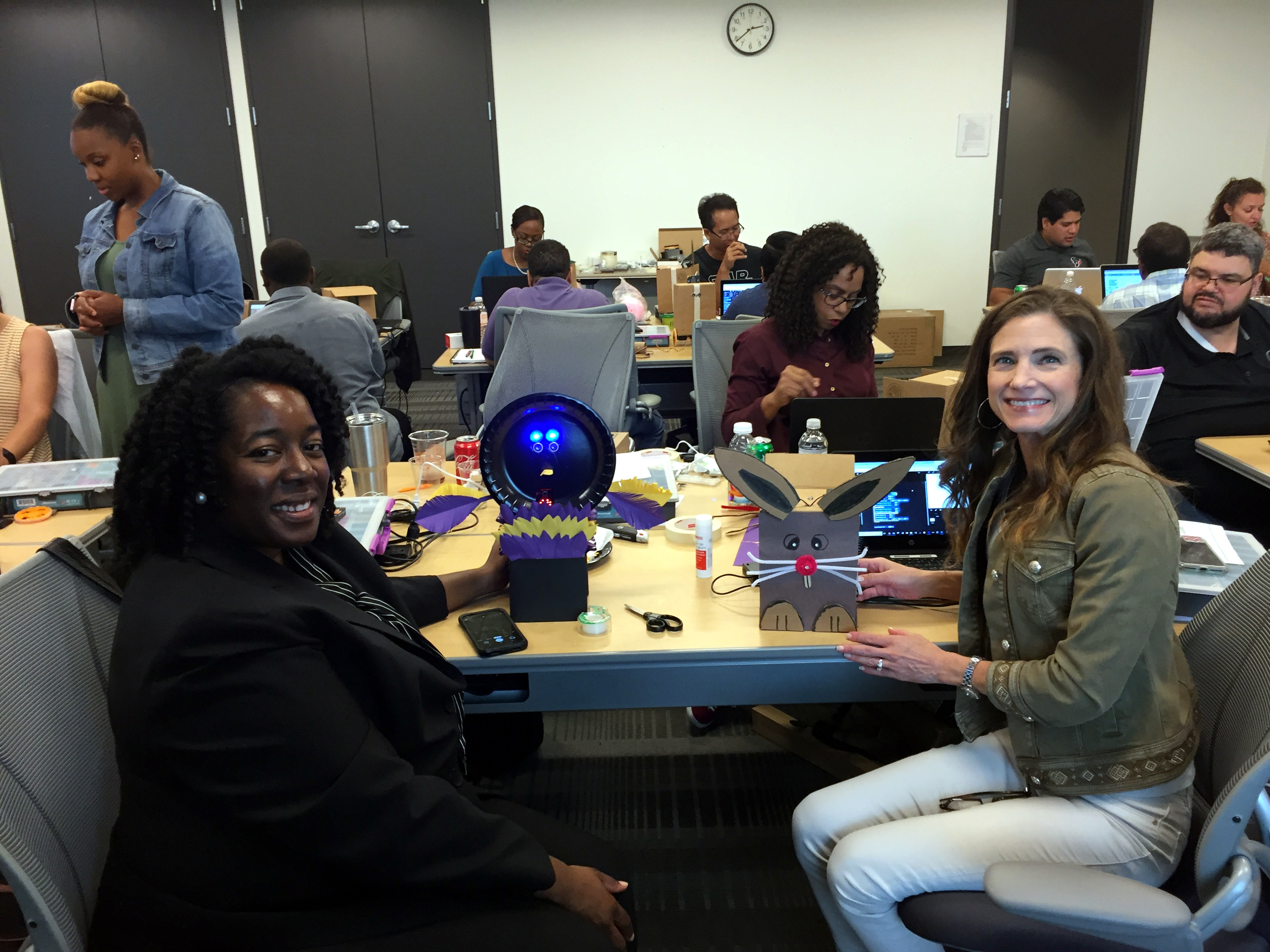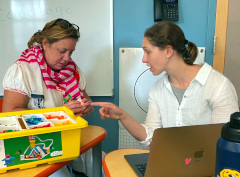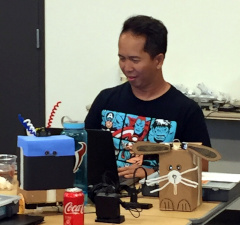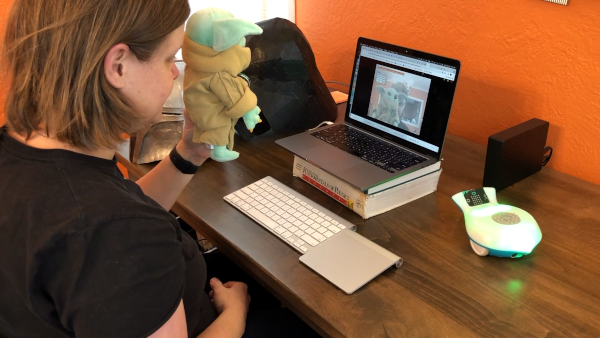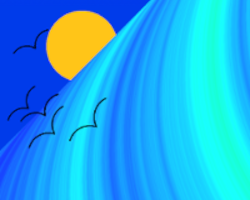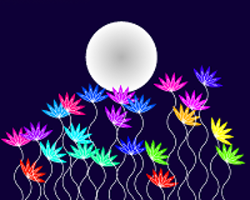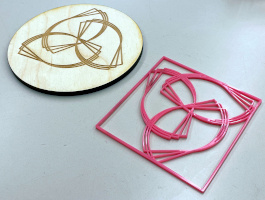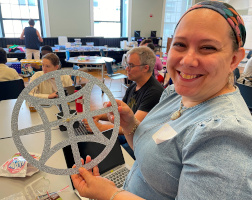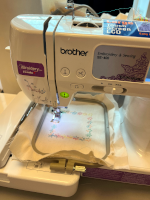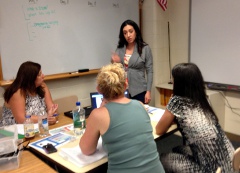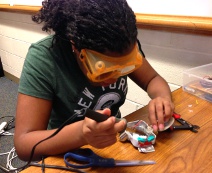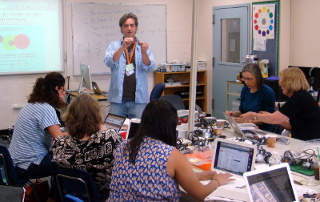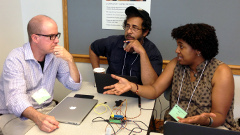Resources
For the past several years we have maintained the Logo
Summer Institute Resources website. It
includes software and hardware guides and tutorials,
background readings, software downloads, curriculum
ideas, and photos and videos from past Logo Summer
Institutes. The site was created for participants in the
Logo Summer Institutes, remains active after the
workshop, and is public and open to all.
Who should attend?
Most people who attend the Logo Summer Institutes are
elementary, middle school, and high school teachers,
school or district technology coordinators, and
technology integrators, but we have had people from all
walks of life: scientists, engineers, graphic artists,
college professors, computer programmers, and parents
who are home schooling their children. We have also had
young people attend along with a parent or teacher.
Venue
The 2026 Logo Summer Institute will be hosted by the
Hewitt
School in New York City
Schedule
The 2026 Logo Summer Institute will be from 9:00 am
to 4:00 pm Monday, July 20 through Thursday July 23
What does it cost?
- Regular registration: $895 per
person
- Returnee registration for people who
have previously attended a Logo Summer Institute: $795
per person - Group discounts are available for two or more
people from the same school, district, or other
organization. Email us at info@logofoudnation.org
with the number of people who will be registering and
we'll get back to you with the cost and the group
registration procedure.
What do I get?
- Access to a wide range of
programming environments, and equipment and
materials for physical computing and robotics.
- Access to online resources and support during
the workshop and beyond
- A 30-day free loan of a Finch Robot and/or a
Hummingbird Robotics Kit for follow-up after the
Logo Summer Institute,
- Free registration for follow-up workshops during
the 2026- 2027 school year.

What if I need more information?
Here's what
some participants in previous Logo
Summer Institutes had to say:*
This
is the most personalized workshop I've
ever been to. I love that the
instructors were willing to go down any
rabbit hole suggested by a participant.
This was the most productive
professional development workshop I've
attended. Valuable personal learning
experience of skills that directly
relates to classroom experience. Very
excited to try these out next school
year.
I thought it was a terrific workshop! I
really learned a lot about how to use
the technology. The facilitators were
also great! They always were around to
see how your project was going and offer
great feedback on it, which was
incredibly helpful :)
The level of individual attention I
received was remarkable, considering the
number of people in the class who were
all working on complicated matters. I
truly appreciated the patience, intense
focus and time given by all the
facilitators. Each facilitator was
approachable and genuinely concerned
that I learned the material.
All four instructors are AMAZING:
patient, knowledgeable, encouraging,
kind - all the aspects of a good
teacher!! Thank you for this
opportunity. I hope to be able to join
next summer!!
I loved interacting with teachers from
different grade levels. You get out of
your vacuum and learn things you
wouldn't think possible because of
different perspectives.
It was delightful to have time to be
immersed in a project. I also enjoyed
working with such a creative group of
people. Lots of fun!
Wonderful! I will be using what I
learned! I feel very invigorated!
I
liked the blend of focused mini-lessons
with independent explorations.
I
came with zero knowledge and going home
with a truckload of new ideas. I am so
excited to share these with my
colleagues and students.
The
differentiation of the technologies was
brilliantly orchestrated when you
consider the wide spread of experience
levels.
All the facilitators that I worked with
were amazing! A pleasure to work with
and super helpful!
This was by far the best workshop I've
ever been to.
I hope that I am not being hyperbolic in
saying that I think this week has
changed my life and will then indirectly
change many other lives.
Awesome
Workshop!!!
*comments
taken from the evaluations that
participants were asked to complete at
the end of the Institute.
|
|
|




